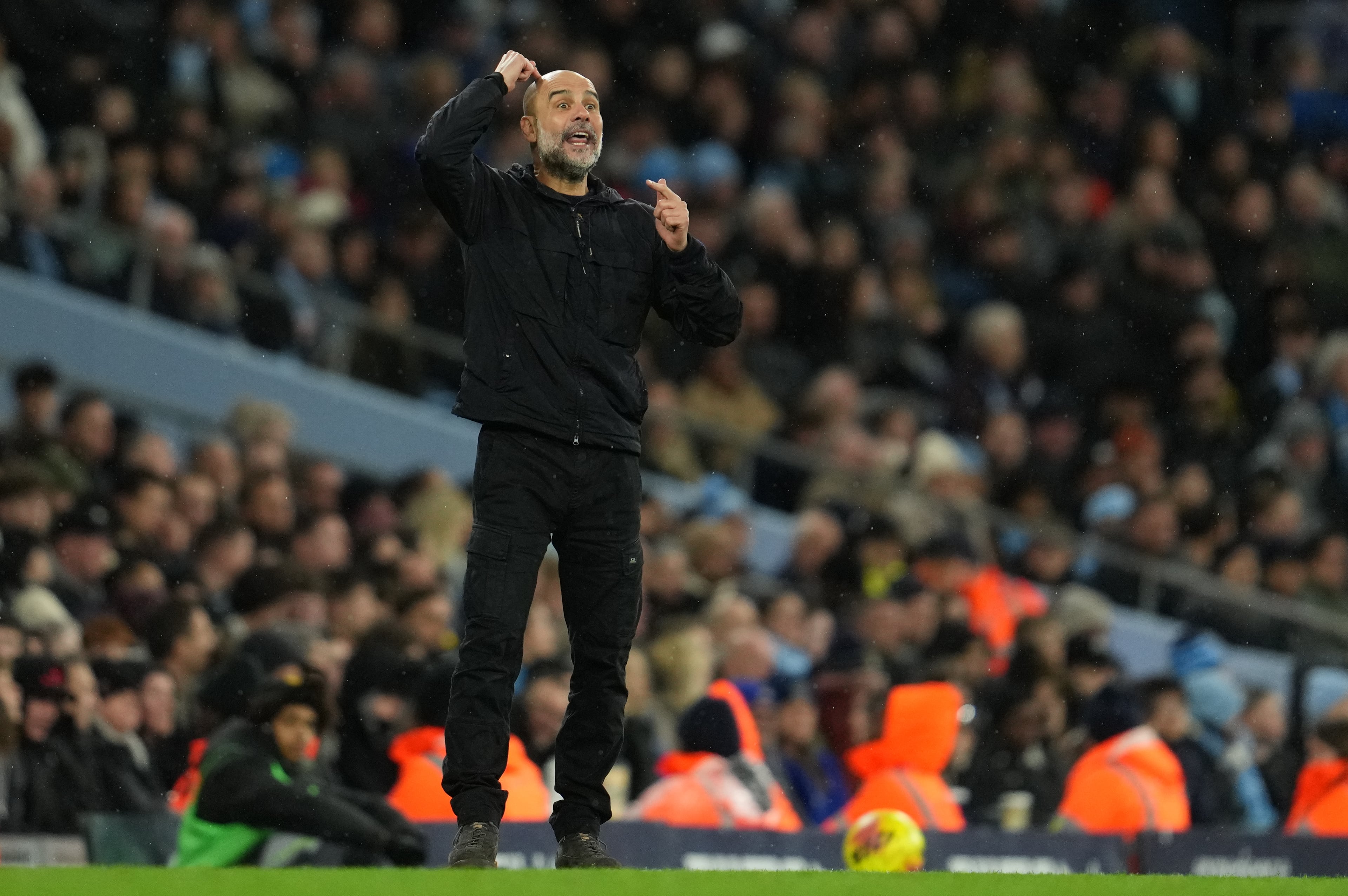Last season’s loss heats up rivalry for UGA
Last season’s loss to Georgia Tech provided a stern reminder for Georgia’s football players: This rivalry is not one to be taken lightly.
“Without a doubt, sometimes when you win as many as we were winning, some people can tend to forget that rivalry hatred,” Georgia offensive lineman Kolton Houston said this week. “But it’s real again.”
For Georgia, the overtime loss in Athens a year ago snapped a five-game winning streak in the series and was the Bulldogs’ second loss to the Yellow Jackets in 14 games under coach Mark Richt. UGA players claim that living with that loss for a year has given them a new appreciation of the rivalry’s intensity going into Saturday’s game at Bobby Dodd Stadium.
“Me coming from Florida, I didn’t know how big this rivalry was,” sophomore tailback Sony Michel said. “But after (last year’s) game, it showed me you can’t lose to Tech. … I’ve heard it a lot.”
“It’s not fun losing to those guys, seeing them tear up our hedges (in postgame celebration) and having those pictures blasted everywhere,” Houston said.
In addition to Tech, Georgia has several other noted rivals: Florida, Auburn, Tennessee. Because those are SEC opponents, some people argue that the stakes are higher against them than against Tech. And because wins over Florida have been so elusive for Georgia in the past quarter-century, beating the Gators seemingly became top priority among some in Bulldog Nation.
But no loss hits the Bulldogs closer to home — or harder — than one to the Jackets, as the Georgia players have learned in the past 12 months.
Linebacker Jordan Jenkins said a former high school teammate, Tech freshman A-back TaQuon Marshall, “never let me hear the end of it.” Added Jenkins: “You just really understand how important this game is after you felt the loss to Georgia Tech.”
Offensive tackle John Theus noted that he’s somewhat insulated in Athens and may not feel the fallout from the rivalry “as much as people out in the real world in the state of Georgia.” Then he said: “But, yeah, you know, when they put ‘state champs’ on their rings … you understand the importance of it a little more.” He was referring to Tech’s rings commemorating last season’s Orange Bowl championship — and victory over Georgia.
Several Georgia players mentioned the absence from the UGA trophy case of the Governor’s Cup, which has gone to the winning team in this rivalry each year since 1995. The Bulldogs have won the trophy 15 of the 20 seasons it has been awarded.
“When we lost (last year’s game), it was just eye-opening,” nose tackle Chris Mayes said. “Guys are more motivated. They want the trophy back. Young guys, they’re talking about they want the trophy to be back home.
“I don’t think any rivalry I’ve been a part of is bigger than this.”
Despite Georgia’s 12 wins in the past 14 games in the series, including the past seven in Atlanta, the games have been close in recent years. Eight of the past 11 have been decided by eight points or less, including the past two in overtime.
Georgia lost last year’s game after taking a 24-21 lead with 18 seconds left in regulation. A squib kick — “If I had to do it again, I would kick it deep,” Richt said this week — helped facilitate a 53-yard field goal by Tech’s Harrison Butker to tie the score as regulation ended. In overtime, the Jackets scored a touchdown and intercepted a pass to win 30-24.
“We’ve got to avenge last year,” Houston said.
Jake Ganus wasn’t involved in that game — the linebacker transferred to UGA this year from UAB — but he cringes at the details nevertheless.
“To lose to your rival like that in overtime, on Senior Day, it’s probably the worst way that a football team can lose,” Ganus said. “I kind of feel that through everyone.
“I feel sick from that game, and I wasn’t even here.”
Houston, who grew up a UGA fan, said his personal feelings about the rivalry are much deeper than last year’s loss.
“This is the most important game on the schedule for me every year,” he said. “I don’t really like those guys.”
The feeling is mutual in the rivalry long labeled “Clean Old-Fashioned Hate.”



